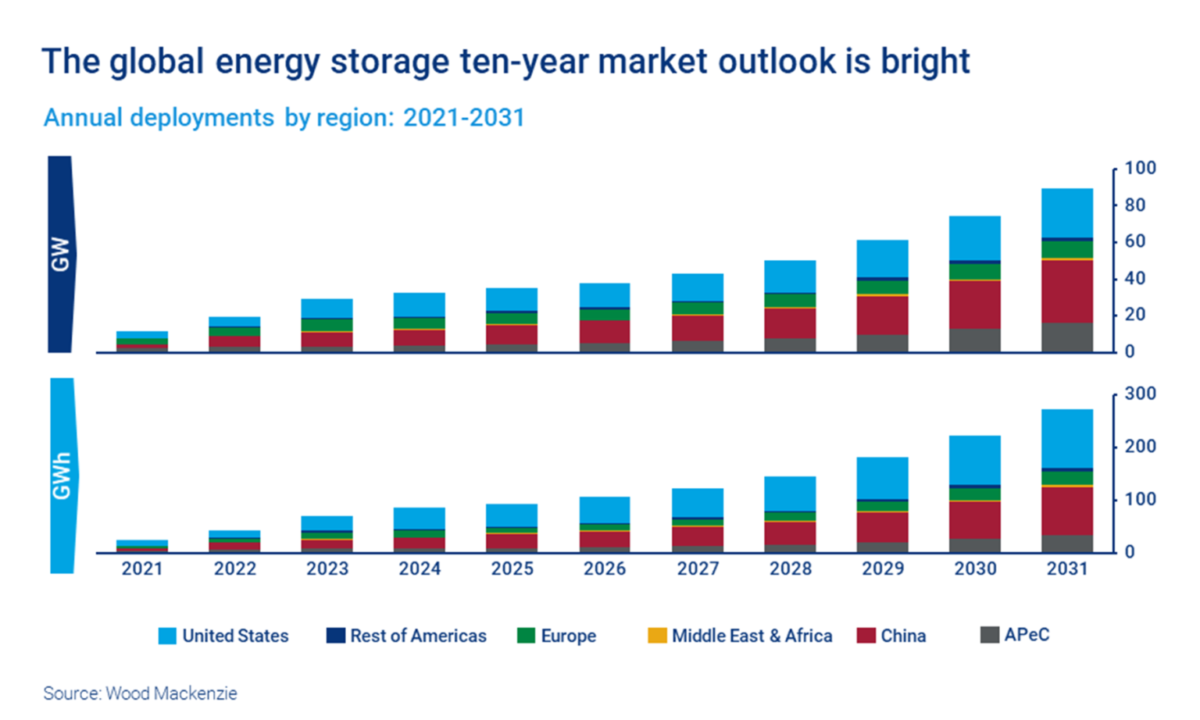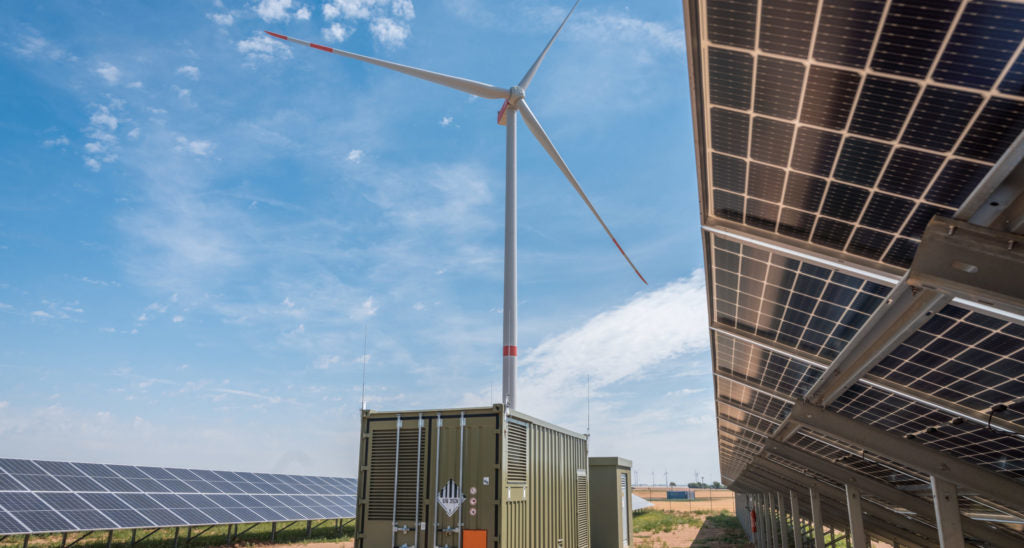https://www.pv-magazine.com/2022/08/03/european-energy-without-russian-gas/
European energy without Russian gas

Pipes for the North Stream 2 natural gas pipeline at Mukran, Germany
Image: Pedant01, Wikimedia Commons
Russia’s invasion of Ukraine in has made energy security a key issue for the whole of Europe. Approximately 34% of Europe’s gas is supplied by Russia, and the short- and long-term security of this supply is now in doubt, with many countries motivated to quickly reduce their reliance on Russian gas.
Natural gas, however, plays a key role in the continent’s strategy to phase out coal in the electricity supply and move toward renewables, as a transitional fuel with more flexibility, lower investment costs, and lower emissions than other fossil fuels. Since Russia began to ramp up its aggression toward Ukraine earlier this year, scientists led by Denmark’s Aarhus University have been working to quantify how the withdrawal of gas supplied by Russia will affect the European energy mix and energy transition plans up to 2050.
“With the phasing out of Russian gas, we no longer have enough gas for this so-called transition phase,” said Gorm Bruun, associate professor at Aarhus University. “This means that we have to choose between investing in the immediate installation of large amounts of wind and solar energy or falling back on the other options, including coal.”
Climate scenarios
The group’s modeling is described in full in the paper “Long-term implications of reduced gas imports on the decarbonization of the European energy system,” published in Joule. They identify two scenarios based on CO2 emissions budgets that would correspond to a 1.5 C and a 2 C average temperature increase.
In the 1.5 C scenario, rapid deployment of renewable energy and electrification of the heating sector will reduce demand for natural gas to below what can be supplied even if 34% less gas is available. In a 2 C scenario, meanwhile, demand for gas reduces more slowly, and would remain above available supply up until 2045. This could require parts of Europe to continue relying on coal for electricity, and price uncertainty would continue. The research estimates that electricity prices in 2025 would be €15/MWh higher, in a scenario where the supply of gas is restricted.
Popular content
“A reduction in Europe's total gas supply could help accelerate the upscaling of renewable energy sources, provided countries uphold their climate ambitions,” said Ebbe Gøtske, researcher at Aarhus University. “If not, we simply risk that other fossil fuels will replace gas in the interim period towards full decarbonization,”
Gøtske goes on to warn that the 1.5 C scenario will require action on a massive scale from all European countries. “This requires a massive roll-out of renewable energy sources in the form of solar and wind. We need to install approximately 400 GW per year in the years 2025-35, and this will be a huge challenge for European politicians,” he said.
Nevertheless, the group makes no secret of preferred scenario, concluding its research with the statement: “a transition corresponding to the 1.5 C scenario not only decreases the chances of suffering the worst impacts of climate change by reducing direct CO2 emissions, but it also reduces the potential impact of upstream emissions from gas, and it may allow Europeans to experience the freedom of energy independence sooner rather than later.”
This content is protected by copyright and may not be reused. If you want to cooperate with us and would like to reuse some of our content, please contact: editors@pv-magazine.com.




